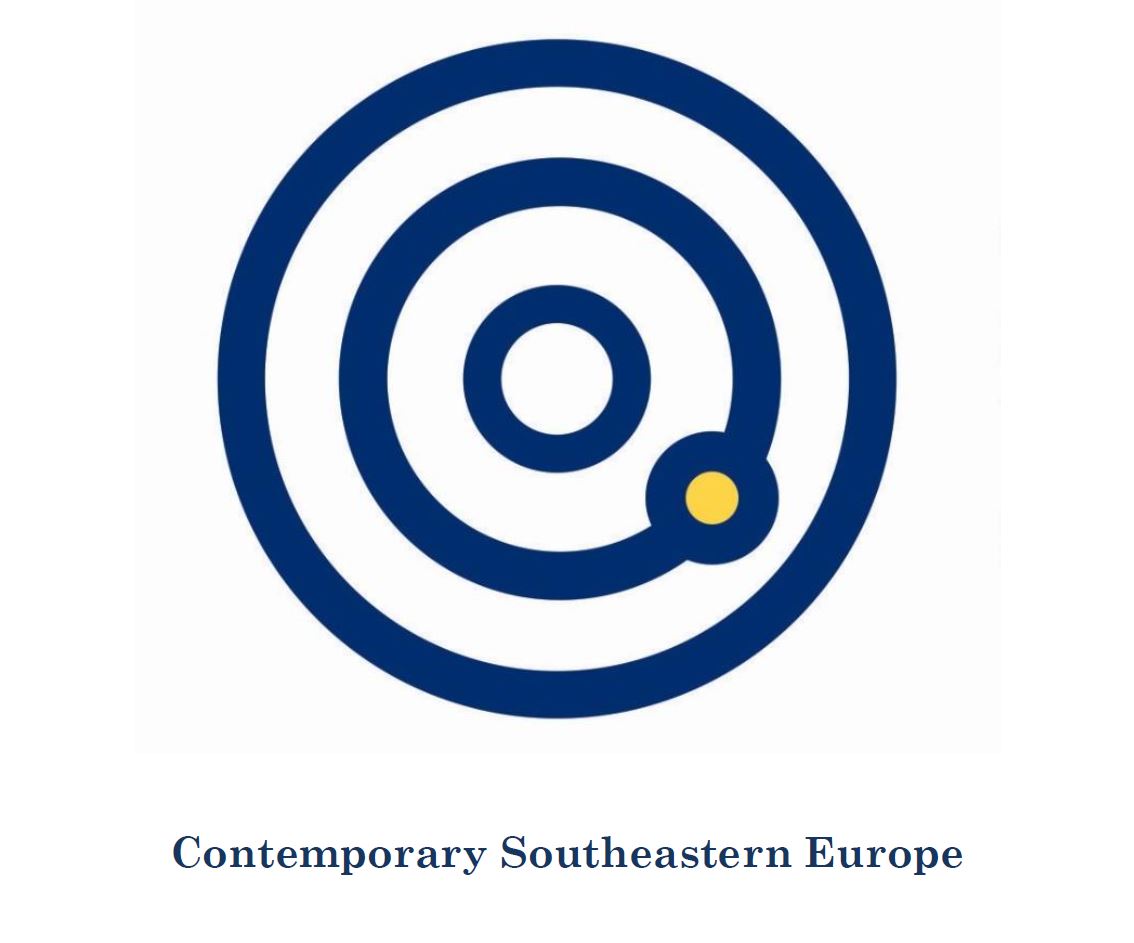Contemporary Southeastern Europe
Contemporary Southeastern Europe
Publishing House: Universität Graz
Subject(s): Politics / Political Sciences, History, Social Sciences
Frequency: 2 issues
Online-ISSN: 2310-3612
Status: Active
- 2014
- 2015
- 2016
- 2017
- 2018
- 2019
- 2020
- 2021
- 2022
- 2023
- 2024
- Issue No. 1/1
- Issue No. 2/1
- Issue No. 1/2
- Issue No. 2/2
- Issue No. 1/3
- Issue No. 2/3
- Issue No. 1/4
- Issue No. 2/4
- Issue No. 1/5
- Issue No. 2/5
- Issue No. 1/6
- Issue No. 2/6
- Issue No. 1/7
- Issue No. 2/7
- Issue No. 1/8
- Issue No. 2/8
- Issue No. 1/9
- Issue No. 2/9
- Issue No. 1/10
- Issue No. 2/10
- Issue No. 1/11
- Issue No. 2/11
Articles list
{{ article.TitleOriginalLanguage }}
{{ article.TitleOriginalLanguage }}
({{ article.TitleEnglish }})
- Publication: {{ article.Publisher }} ({{ article.Issue }})
- Author(s): {{ article.Authors }}
- Contributor(s): {{ article.Contributors }}
- Language: {{ article.Language }}
- Subject(s): {{ article.Subjects }}
- Issue: {{ article.Issue }}
- Page Range: {{ article.PageRange }}
- No. of Pages: {{ article.NumberOfPages }}
- Keywords: {{ article.Keywords }}
- Summary/Abstract: {{ article.SummaryAbstract }}
- Price: {{ common.currency(article.Price) }}
Short Description
CSE is a fully open access journal, and that means that all articles - research articles, event analyses, election analyses, conceptual analyses and book review essays - are available on the journal homepage to all users upon publication. Non-commercial use, distrubution and copy of all published articles in any medium is allowed, free of any charges, provided the author and the journal are properly/fully credited. CSE definitely does not charge article processing and there are no submission charges in any form. It serves as a platform for interdisciplinary, scientific understanding of societal issues and processes in South Eastern Europe. The disciplinary foci of CSE are political science, history, law, sociology, economics, cultural studies, gender studies and anthropology; preferring the interdisciplinary social science research. The core area of interest for the journal is South Eastern Europe, broadly defined to include Slovenia, Croatia, Bosnia and Herzegovina, Serbia, Montenegro, Kosovo, Albania, Macedonia, Romania, Bulgaria, Greece and Turkey. The journal especially welcomes the analysis of those countries put in broader inter- and transnational contexts. CSE is focused on the contemporary to cover the period since the end of Communism and particularly concerns itself with current developments. Nevertheless, the journal appreciates research on historical background and linkages to current developments in selected societies. CSE welcomes equally all different schools of thought in social sciences; supports the diversity of analytical approaches; as well as exploration of well reflected thematic fields, but also of uncharted scientific waters in Southeast European studies. In doing so, the journal hosts empirical analyses, comparative empirical research and social theory conceptualizations linked to societies in Southeastern Europe.

